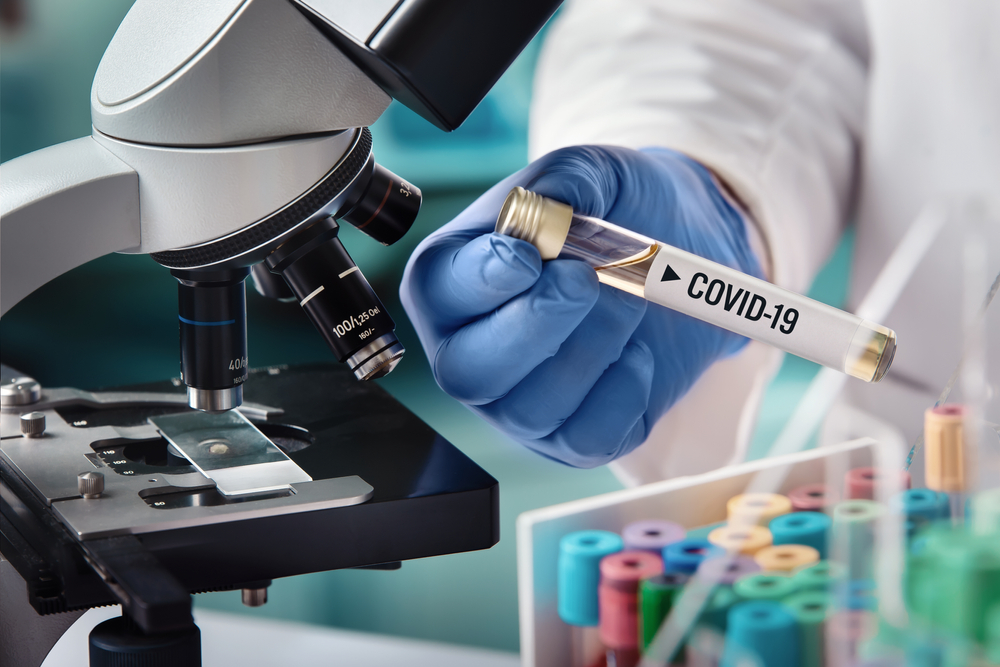As New Jersey state officials continue building their efforts in the area of contact tracing, so too are Princeton Health Department officials.
Recently, state officials announced the implementation of a robust contact tracing program to help slow the spread of those who have come into contact with infected COVID-19 individuals.
“In Princeton we have been pretty fortunate to have Princeton resident volunteers that have stepped forward to assist our department in both being trained in contact tracing, but also verified and certified by the state Department of Health to utilize their state disease reporting system, which is not an easy task,” said Jeff Grosser, Princeton health officer. “It takes about anywhere between 15-20 hours of training and a certification process. We are fortunate that we have a resident population with experience in both public health, but also contact tracing.”
According to Grosser, Princeton currently has 10 individuals actively tracing as part of a contact tracing task force.
“This is right in line with the John Hopkins University Center for Health Security and Association of State and Territorial Health Officials in their suggestion of how many contact tracers a population like Princeton should have,” Grosser said. “We are utilizing volunteers from the community, parking enforcement officers and college interns.”
Princeton’s contact tracing training began during the week of May 15 and was pretty much finalized on May 19 after another hands-on exercise. The individuals are currently taking cases and doing extensive contact tracing, according to Grosser.
“Ten contact tracers is a reasonable number for Princeton’s population. We will see how many we need based on how much contact tracing we have to do,” said George DiFerdinando, chair of the Princeton Board of Health. “This will be fluid. We will need to keep recruiting contact tracers even if we do not have a big surge, because some of those people will go back to their day jobs.”
Grosser added that this effort is coming in conjunction with the state Department of Health putting forth an army of contact tracers, where the state is planning to hire more than 1,000 contact tracers for the state.
“That is in addition to and not pulling away from contract tracers we currently have. The Princeton Health Department has sat in on a number of conference calls with the state and contact tracing has been a large part of the discussion in regards to how this is going to work,” Grosser said. “Formerly, a local health department would be responsible for the contact tracing in their jurisdiction. Having a group of contact tracers managing your jurisdiction takes a lot of coordination and also requires a large number of technological advances that we currently do not have.”
The Princeton Health Department uses state electronic disease reporting system that manages Princeton’s positive cases and the contacts of those cases would not fall under that system, according to Grosser.
“The state is also investing in a digital software called CommCare, which is going to be a parallel software to what we are currently using. We will also have to be trained in that as well as our contact tracers,” Grosser said. “As we start to see cases decline in our town – and we started to see that in the last 10 days now – what we are going to realize is that those contact tracers are going to have to be readily available, especially as society begins to reopen.”
Grosser added that Princeton is going to most likely see more cases because there will be more exposure.
“We are likely going to have more rings of contacts, meaning people going into work, to events and going out into the community. When that happens, it adds a whole new dimension to contact tracing in terms of investigations,” Grosser said.
In addition to contact tracing, Princeton’s department recently hired a new inspector with extensive experience in technology, who set up an access database that is allowed to manage Princeton’s cases.

